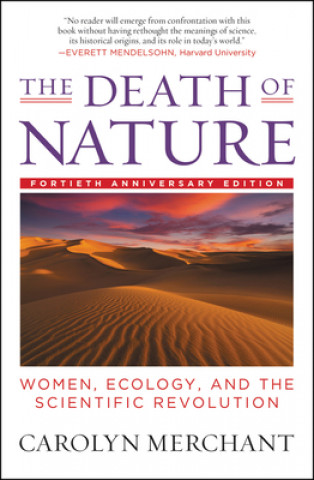
Code: 04489474
Death of Nature
by Carolyn Merchant
Nature as FemaleThe world we have lost was organic. From the obscure origins of our species, human beings have lived in daily, immediate, organic relation with the natural order for their sustenance. In 1500, the daily interaction ... more
- Language:
 English
English - Binding: Paperback
- Number of pages: 384
Publisher: Harper Collins Publishers, 1990
- More about this

15.64 €
RRP: 19.32 €
You save 3.68 €
Availability:
50/50 We think title might be available. Upon your order we will do our best to get it within 6 weeks.
We think title might be available. Upon your order we will do our best to get it within 6 weeks.We search the world
You might also like
-
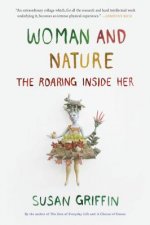
Woman and Nature
14.51 € -24 % -
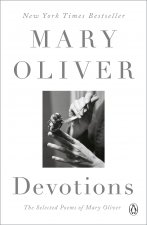
Devotions : The Selected Poems of Mary Oliver
18.91 € -11 % -
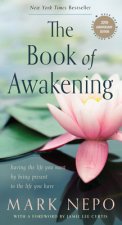
Book of Awakening
17.99 € -22 % -
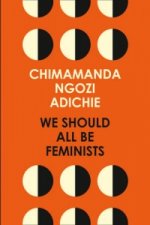
We Should All Be Feminists
7.05 € -30 % -

Women Who Run with the Wolves
9.91 € -13 % -
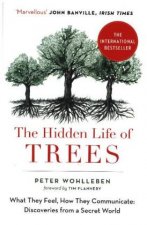
The Hidden Life Of Trees
9.81 € -24 % -
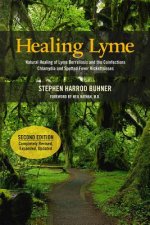
Healing Lyme
20.55 € -28 % -
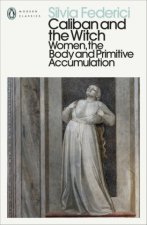
Caliban and the Witch
10.83 € -25 % -
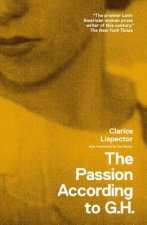
Passion According to G. H.
12.37 € -28 % -
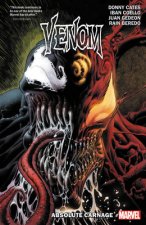
Venom By Donny Cates Vol. 3: Absolute Carnage
14.31 € -18 % -
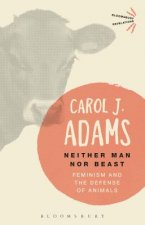
Neither Man Nor Beast: Feminism and the Defense of Animals
37.22 € -
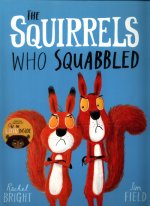
Squirrels Who Squabbled
7.76 € -29 % -

Abarth
64.22 € -
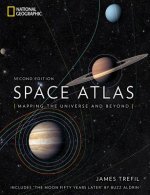
Space Atlas
42.54 € -16 % -
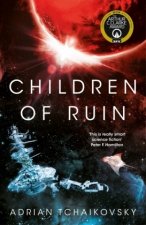
Children of Ruin
10.73 € -28 % -

Knit Like a Latvian
17.48 € -28 % -

Foundations of Software Testing
70.05 € -

Transformers: A Visual History
42.54 € -16 % -

Hey Friend, I Wrote a Book about You
12.16 € -30 % -

REALLY EASY PIANO 40 ELTON JOHN SONGS
19.63 € -19 % -
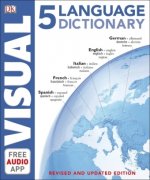
5 Language Visual Dictionary
13.29 € -23 % -

Clear Thinking
16.36 € -19 % -
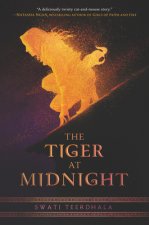
The Tiger at Midnight
10.42 € -23 % -
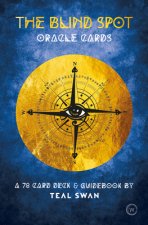
Blind Spot Oracle Cards
35.18 € -22 % -
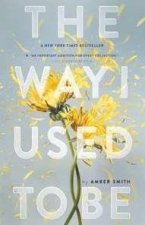
Way I Used to Be
10.32 € -14 % -
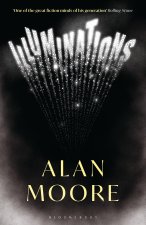
Illuminations
15.64 € -21 % -

Godzilla: The Half-Century War
26.07 € -16 % -
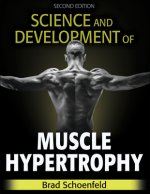
Science and Development of Muscle Hypertrophy
86.73 € -
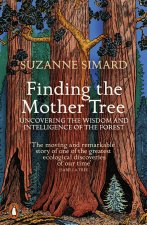
Finding the Mother Tree
12.88 € -26 % -
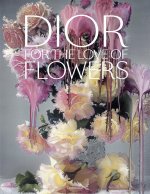
Dior in Bloom
93.99 € -6 % -
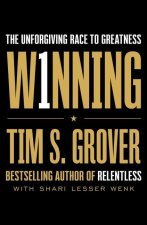
Winning
27.61 € -6 % -
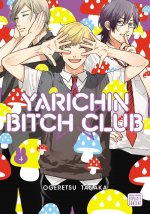
Yarichin Bitch Club, Vol. 4
11.14 € -23 % -
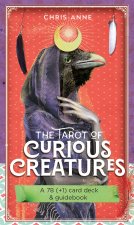
Tarot of Curious Creatures
22.39 € -21 % -

Elizabeth II
36.30 € -21 % -
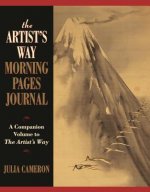
The Artist's Way Morning Pages Journal
19.32 € -17 % -
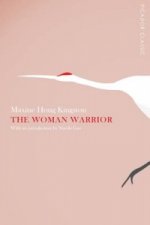
Woman Warrior
10.93 € -27 % -
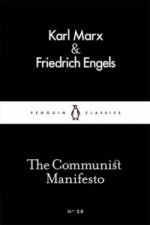
The Communist Manifesto
3.47 € -26 % -

Extreme Metal Bass
19.32 € -9 % -

Weaver's Inkle Pattern Directory
27.09 € -16 % -
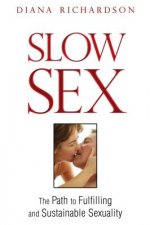
Slow Sex
12.06 € -26 % -
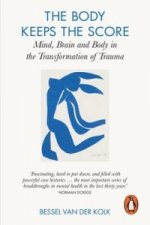
The Body Keeps the Score
12.88 € -20 % -
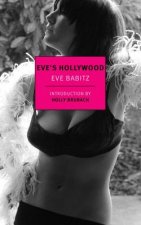
Eve's Hollywood
13.49 € -28 % -

Harley-Davidson
46.84 € -16 % -
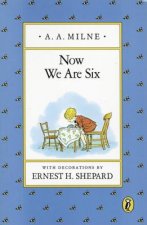
Now We are Six
7.35 € -22 % -
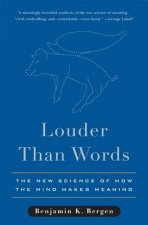
Louder Than Words
26.38 € -20 % -

Tom Gates That's Me!
20.04 € -21 % -
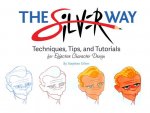
Silver Way
28.94 € -19 % -

Aliens vs Predator Omnibus
11.85 € -18 % -

100 Task Cards: Informational Text: Reproducible Mini-Passages with Key Questions to Boost Reading Comprehension Skills
11.65 € -19 % -

Time of Dread
11.45 € -28 % -

English Vocabulary Organiser
40.49 € -5 % -
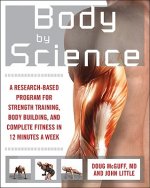
Body by Science
17.48 € -28 % -
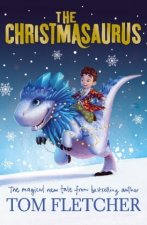
Christmasaurus
8.17 € -26 % -
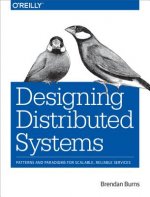
Designing Distributed Systems
37.22 € -27 % -
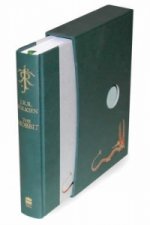
Hobbit
88.98 € -16 % -
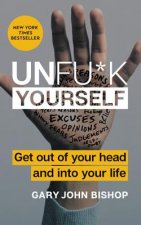
Unfu*k Yourself
25.46 € -

Frozen Read-Along Storybook and CD
7.87 € -14 % -
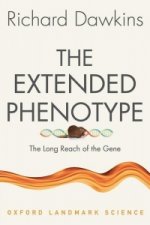
The Extended Phenotype
12.47 € -28 % -
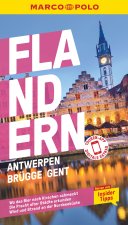
MARCO POLO Reiseführer Flandern, Antwerpen, Brügge, Gent
14.51 € -11 % -
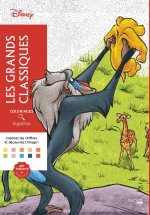
Coloriages mystères Les grands classiques Disney
21.06 € -
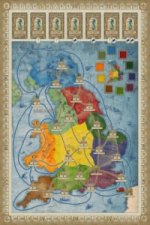
Concordia, Britannia/Germania (Spiel-Zubehör)
11.75 € -14 % -
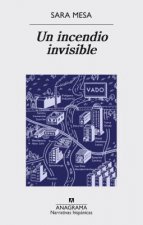
Un incendio invisible
18.91 € -5 % -
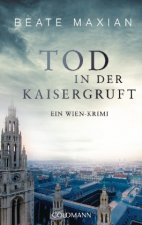
Tod in der Kaisergruft
10.42 € -9 %
Give this book as a present today
- Order book and choose Gift Order.
- We will send you book gift voucher at once. You can give it out to anyone.
- Book will be send to donee, nothing more to care about.
Availability alert
Enter your e-mail address and once book will be available,
we will send you a message. It's that simple.
More about Death of Nature
You get 39 loyalty points
 Book synopsis
Book synopsis
Nature as FemaleThe world we have lost was organic. From the obscure origins of our species, human beings have lived in daily, immediate, organic relation with the natural order for their sustenance. In 1500, the daily interaction with nature was still structured for most Europeans, as it was for other Peoples, by close-knit, cooperative, organic communities.Thus it is not surprising that for sixteenth-century Europeans the root metaphor binding together the self, society, and the cosmos was that of an organism. As a projection of the way people experienced daily life, organismic theory emphasized interdependence among the parts of the human body, subordination of individual to communal purposes in family, community, and state, and vital lift permeating the cosmos to the lowliest stone.The idea of nature as a living organism had philosophical antecedents in ancient systems of thought, variations of which formed the prevailing ideological framework of the sixteenth century. The organismic metaphor, however, was immensely flexible and adapt able to varying contexts, depending on which of its presuppositions was emphasized. A spectrum of philosophical and political possibilities existed, all of which could be subsumed under the general rubric of "organic."NATURE AS NURTURE: CONTROLLING IMAGERY. Central to the organic theory was the identification of nature, especially the earth, with a nurturing mother: a kindly beneficent female who provided for the needs of mankind in an ordered, planned universe. But another opposing image of nature as female was also prevalent: wild and uncontrollable nature that could render violence, storms, droughts, and general chaos. Both wereidentified with the female sex and were projections of human perceptions onto the external world. The metaphor of the earth as a nurturing mother was gradually to vanish as a dominant image as the Scientific Revolution proceeded to mechanize and to rationalize the world view. The s
 Book details
Book details
Book category Książki po angielsku Society & social sciences Society & culture: general Social groups
15.64 €
- Full title: Death of Nature
- Subtitle: Women, Ecology and the Scientific Revolution
- Author: Carolyn Merchant
- Language:
 English
English - Binding: Paperback
- Number of pages: 384
- EAN: 9780062505958
- ISBN: 0062505955
- ID: 04489474
- Publisher: Harper Collins Publishers
- Weight: 288 g
- Dimensions: 130 × 198 × 25 mm
- Date of publishing: 10. January 1990
Trending among others
-
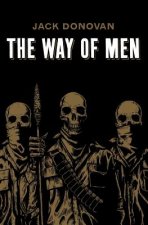
The Way of Men
13.29 € -23 % -
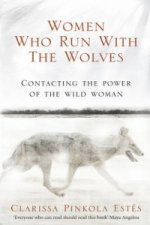
Women Who Run With The Wolves
15.95 € -19 % -
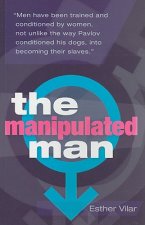
Manipulated Man
12.47 € -27 % -
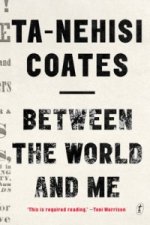
Between The World And Me
12.26 € -23 % -
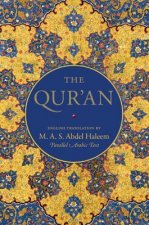
Qur'an
30.57 € -28 % -
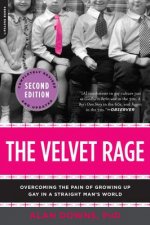
The Velvet Rage
16.25 € -24 % -
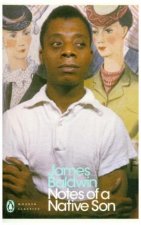
Notes of a Native Son
10.12 € -25 % -
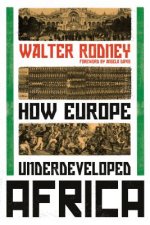
How Europe Underdeveloped Africa
22.90 € -
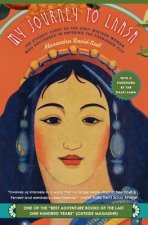
My Journey to Lhasa
10.42 € -28 % -
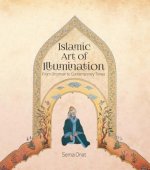
Islamic Art of Illumination
35.28 € -14 % -
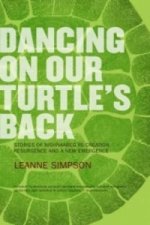
Dancing on Our Turtle´s Back
21.26 € -18 % -
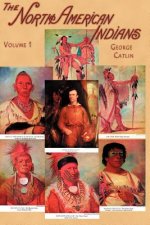
North American Indians
33.03 € -
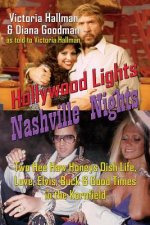
Nashville Nights Hollywood Lights
27.09 € -
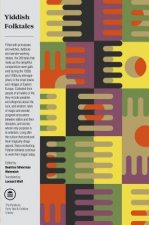
Yiddish Folktales
19.32 € -20 % -
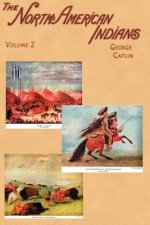
North American Indians
33.03 € -

It Takes a Village
10.73 € -18 % -
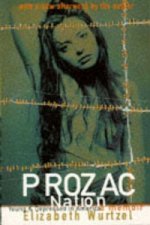
Prozac Nation
15.74 € -4 % -
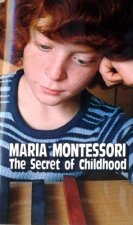
Secret of Childhood
8.89 € -22 % -
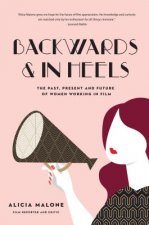
Backwards & in Heels
15.03 € -19 % -
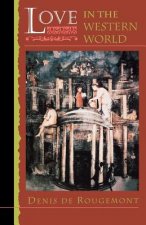
Love in the Western World
47.45 € -
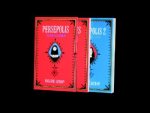
Persepolis
26.38 € -20 % -
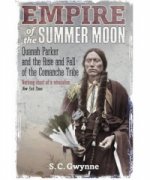
Empire of the Summer Moon
14.41 € -23 % -
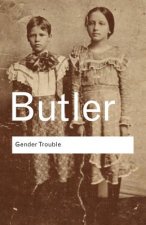
Gender Trouble
27.20 € -4 % -

Freedom Writers Diary
15.33 € -12 % -
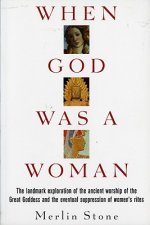
When God Was A Woman
19.63 € -3 % -
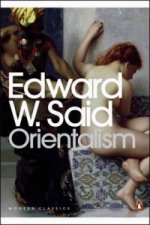
Orientalism
11.04 € -23 % -
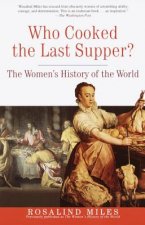
Who Cooked the Last Supper?
19.83 € -7 % -
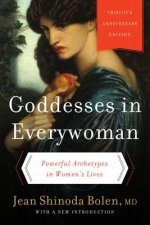
Goddesses in Everywoman
12.26 € -23 % -
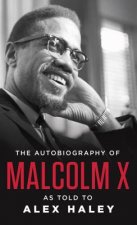
The Autobiography of Malcolm X
10.53 € -8 % -
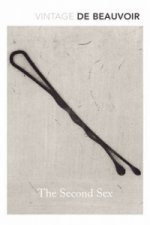
Second Sex
15.43 € -28 % -
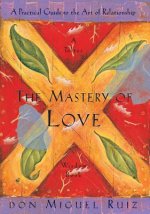
The Mastery of Love
12.67 € -18 % -
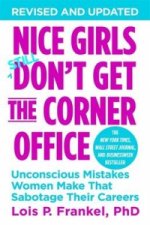
Nice Girls Don't Get The Corner Office
9.81 € -24 % -
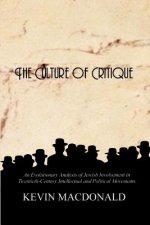
Culture of Critique
23.92 € -18 % -
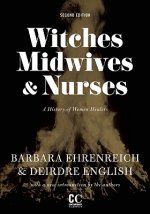
Witches, Midwives, And Nurses
12.16 € -1 % -
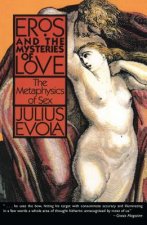
Eros and Mysteries of Love
16.25 € -23 % -

World's Best Cities
32.62 € -21 % -

Indigenous Peoples' History of the United States
15.33 € -21 % -

Think Like a Monk
14.72 € -29 % -

Tom of Finland. The Complete Kake Comics
21.16 € -
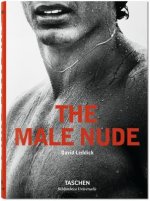
The Male Nude
18.30 € -10 % -
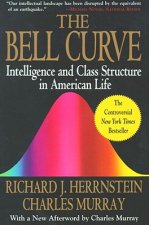
The Bell Curve
17.48 € -28 % -
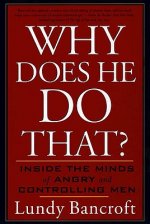
Why Does He Do That?
16.46 € -15 % -
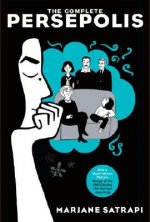
Complete Persepolis
23.51 € -17 % -
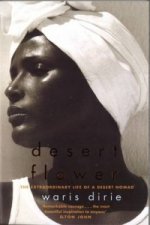
Desert Flower
10.12 € -25 % -
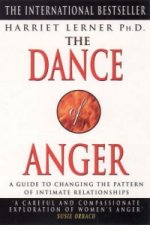
Dance of Anger
11.14 € -23 % -
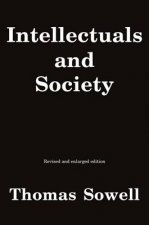
Intellectuals and Society
21.47 € -24 % -
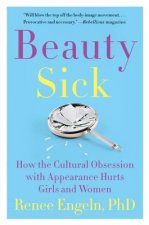
Beauty Sick
11.45 € -28 % -
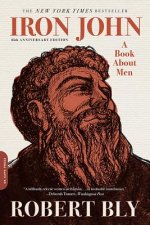
Iron John
16.25 € -24 % -

Story of the Jews
13.18 € -22 %
Osobní odběr Bratislava a 2642 dalších
Copyright ©2008-24 najlacnejsie-knihy.sk Wszelkie prawa zastrzeżonePrywatnieCookies


 Vrácení do měsíce
Vrácení do měsíce Zdarma od 49.99 €
Zdarma od 49.99 € 02/210 210 99 (8-15.30h)
02/210 210 99 (8-15.30h)